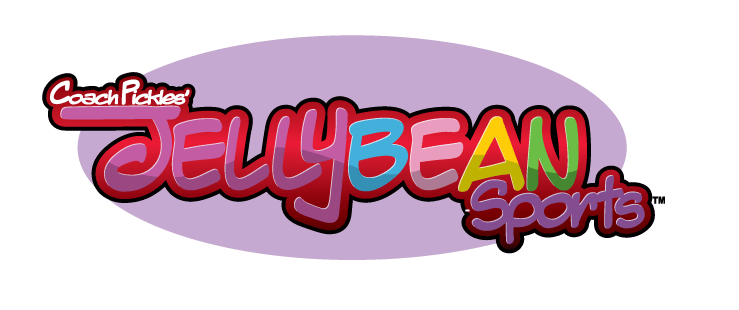The Science Behind Teaching Children in the Ways They Learn Best
The Problem
Pandering to the Gifted
Sports culture’s rigid rules, professional structure, and drive for children to be sportsmanlike have left little to the imagination. We have long pandered to the gifted, meanwhile leaving the majority of young athletes behind until they caught up in maturity.
Sports Science
Got it Wrong
Sports science overstepped when it said the entry point into sports is age six. What it should have said is that the entry point into competitive youth sports is age six, while the entry point into non-competitive early sports education is much earlier.
The Solution
Groundbreaking Model
After seven years, Dr. Kayden completed and defended his dissertation study in 2013. It became the first early learning development model in sports science. A framework for teaching toddlers and preschoolers, it fundamentally maps out the process and serves as a benchmark for early sports education..
Next, science validates the Jelly Bean Way
A New Concept
Teaching children sports is not a new concept, and teaching them in the ways they learned best is also not a new concept. But teaching children sports in the ways they learned best is a new concept. Next, an operational framework tailored to Jelly Bean Sports was needed. It was called the Jelly Bean Way.
But how do you teach young children in the ways they learn best?
Look outside of sports
Many believe sports authority cannot be challenged. So nobody thought to look outside of sports for the answer to how you teach toddlers and preschoolers sports.
It was 2008. Jelly Bean Sports Founder Dr. Brad Kayden was unmarried and had no children. Regardless, he bought his ticket anyway to see the children’s entertainment group The Wiggles perform in Chicago.
As it turns out, the Wiggles, along with Sesame Street and many others in children’s edutainment, knew what sports didn’t: how to teach children in the ways they learn best. Dr. Kayden successfully created the first edutainment model for sports development, integrating it into the Jelly Bean Way.
But only more recently did we learn know why it worked so well
Flow Science
Neuroscientists have long been interested in understanding human performance, mainly what makes individuals feel their very best and perform at their highest levels. Historically, adults from various fields, such as the military, business, and sports, have been the primary focus of this research. However, Dr. Kayden discovered he was achieving remarkably similar high-performance results from early learners. What the Jelly Bean Way effectively does is put toddlers and preschoolers into a flow state, allowing them to feel their best and enabling them to perform at their best during activities and instruction.
The Jelly Bean WAy, The numbers don’t lie
500% more productive, learning spikes 470%
Early learners who find themselves in a flow state are not only learning more effectively but also acquiring new skills at a significantly faster pace. The Jelly Bean Way emphasizes essential elements such as active listening, effective communication, critical thinking, as well as both motor skills and specific sports skills. These foundational concepts work together to enhance coachability, which ultimately prepares early learners for greater success in their future sports endeavors.
Creativity is amplified 400-700%
Anxiety disappears, and selfishness vanishes completely. Focus seamlessly follows the natural flow of the activities. Early learners can do their best when the learning process is engaging and enjoyable. Our delightful and fun characters win the early learner’s hearts and minds, capturing their interest and encouraging participation.
Retention is amplified, and pattern recognition peaks
When early learners are confident, actively engaged, and truly ready to learn, the process of learning becomes more targeted, seamless, and easily remembered. This foundational confidence significantly enhances their overall educational experience and retention of information.












